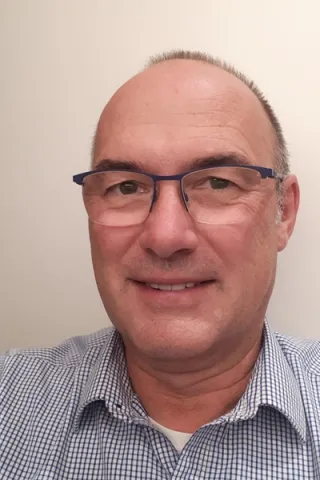About the project
Microbes can be detrimental to humans, animals or plants or have a diverse set of benefits in food, medicine, agriculture and manufacturing. But only a fraction of microbes on the planet have been identified let alone characterised. This project tackles this gap seeking to finding new species, activities, and applications.
Bioprospecting involves the screening of collections of microbes to identify useful traits. Often, to increase diversity, such collections are first expanded through field isolations targeting relevant sites. When looking for microbes destined for sugar fermentations, we would seek niches with high sugar content e.g., fruits, insects, nectar. The exploratory nature of this approach makes it likely that we will yield discoveries of new activities if not entirely new species, as well as adding to the long list of benefits we gain from microbes.
The team will work closely with global fermentation specialists and partner company, Lesaffre (France). They will define the list of sought-after properties and applications, possibly in food and beverages, pharma- and nutra-ceuticals, biopesticides, enzymes or chemical manufacture. Promising strains will also be enhanced or tailored through directed evolution (continuous bioreactor culture under selective pressure) or genetic manipulation (gene insertion, deletion, overexpression).
The multi-disciplinary approach needed for this project will provide a diverse and exciting training opportunity for the student. For example, isolates will be identified by ITS (yeast) or 16S (bacteria) PCR and sequencing, metabolic and growth requirements revealed through high-throughput bioassays, enzymatic activities by biochemical or spectrophotometric analysis and the formation of soluble and volatile compounds via HPLC and GC-MS. Newly discovered species will be genome sequenced, characterised in detail, and named and reported in the literature. The well-rounded, industry-linked training provided will enable the graduate to secure employment in research roles in many bioscience areas as well as in technical or research and development roles in industry.
Supervisors
As well as Professor Vladimir Jiranek, you will be supervised by Dr Renaud Toussaint (Lesaffre, France).
